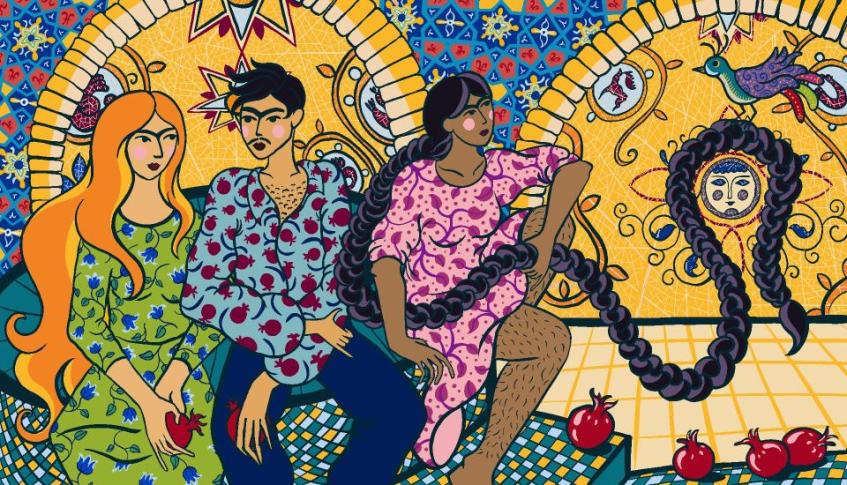
Activists embody more than just the ability to endure hardships; they are individuals facing unique challenges and vulnerabilities.
The latest edition of GenderIT.org highlights that true self-care includes community care. This means activists should focus not only on their personal well-being but also on cultivating supportive relationships within their communities. Creating these bonds is crucial for addressing burnout and despair, common issues in activism. By providing mutual support, activists can build a care network to help them navigate difficulties. This approach challenges the notion that self-care is a solitary pursuit and emphasises the importance of collective support.
This edition delves into these themes, highlighting the significance of safe spaces and mental health. Safe spaces offer activists environments where they can express themselves without fear of judgment or reprisal. These spaces are vital for mental health, providing a refuge from the stresses of activism. The edition features essays and art from activists in the South Caucasus, discussing the impact of political burnout, the necessity of supportive communities, and the role of art in expressing and preserving queer joy.
Art plays a significant role in activism, providing a creative outlet for activists to express their emotions and experiences. The featured essays and artwork demonstrate how art can be a powerful tool for preserving and celebrating queer joy, even in the face of adversity. The authors have provided insights into this through lived realities and experiences that caring for oneself and one's community is essential for sustaining activism. By prioritising both self-care and community care, activists can ensure they have the strength and motivation needed to continue their important work.
In this new edition you will find:
- Celebrants of diversity and community seekers: Reflections from Central Asia and the South Caucasus (Editorial)
- Feminist marching towards change: The evolving significance of International Women's Day in Azerbaijan (also available in Russian)
- Life as a queer person in Tajikistan (also available in Russian)
- When safe spaces disappear: An essay on political burnout and authoritarianism (also available in Russian)
- Building community and fostering care amidst oppression and war: Activism and resistance in the South Caucasus (Interview)
- Advocating for visibility: Zhanar Sekerbayeva on LGBTQIA+ and feminist activism and the fight for equality in Central Asia (Interview)
- Orpheuses: Queer struggles and resilience in Georgia
Read the full edition at GenderIT.org.